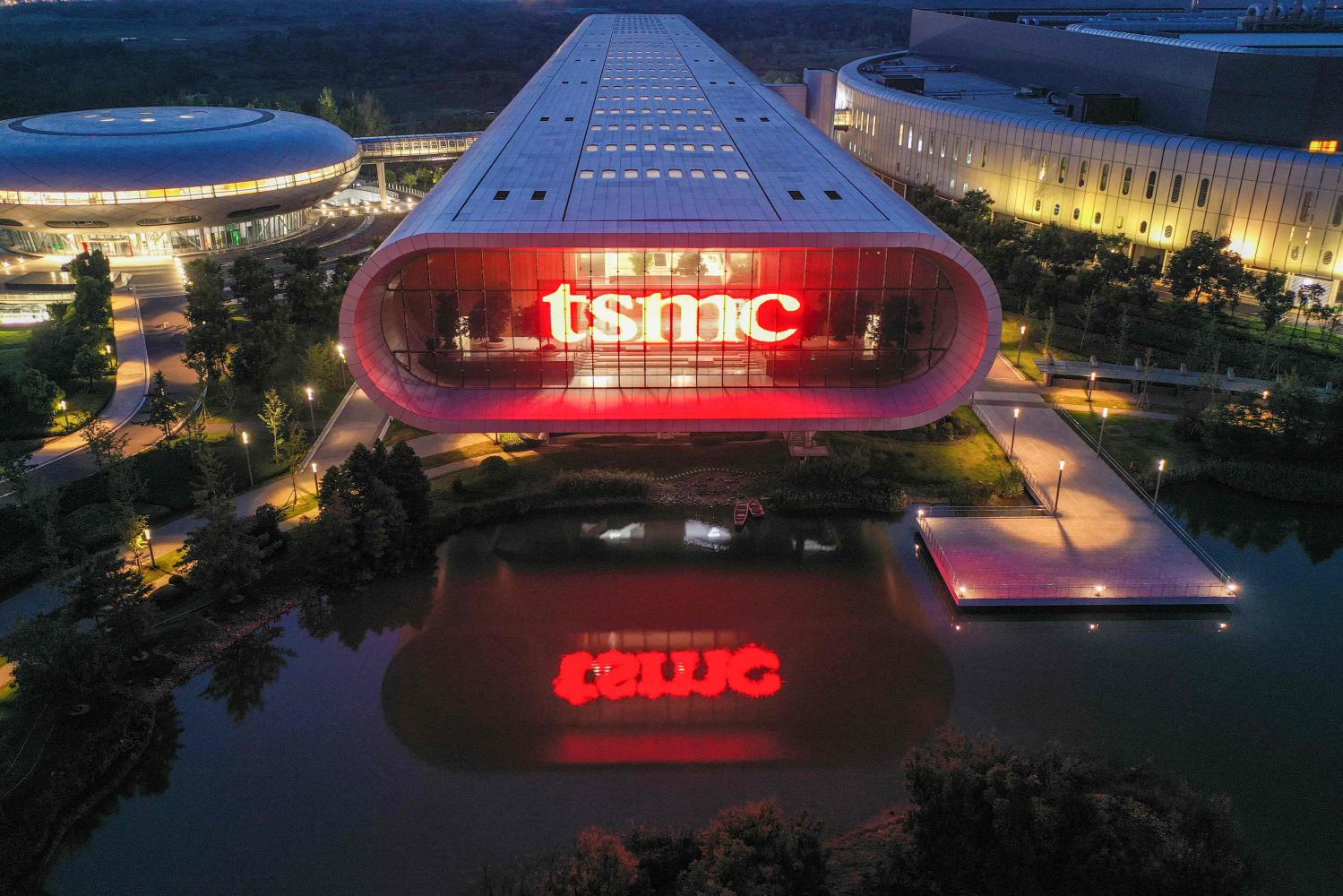
Thailand should take advantage of the China-Taiwan tensions by inviting companies like Taiwan Semiconductor Manufacturing Company (TSMC) to invest here as Taiwanese semiconductor and electronics companies are expected to relocate their production facilities overseas, says the Federation of Thai Industry (FTI).
Kriengkrai Thiennukul, chairman of the FTI, earlier expressed concern that the increasing hostility between China and Taiwan may affect semiconductor manufacturing on the island if the mainland does not export silica sand, a key raw material for chipmaking, to Taiwan. This would worsen the global shortage of semiconductors.
The relationship between the two countries turned sour following the recent visit of US House Speaker Nancy Pelosi to what Beijing regards as a breakaway province. Chinese authorities subsequently banned the import of some fruits and fish products from Taiwan, according to media reports.
Mr Kriengkrai is looking for what could be a positive amid the latest political tensions between the two countries for Thailand in terms of semiconductor business.
"As TSMC is seeking to expand its investment to Singapore and other countries in Asean, the Thai government should invite the company to invest in Thailand," he said.
TSMC is the world's largest contract semiconductor maker, according to media reports.
Semiconductor exports from Taiwan command a 64% market share in the world market, with 53% of this portion belonging to TSMC, said the FTI.
If TSMC expands its semiconductor business to Thailand, many local industries, notably electric vehicle (EV) manufacturing, will gain benefits, said Mr Kriengkrai.
The Thai government is eager to develop a full-fledged EV industry. Last year, the National EV Policy Committee announced it wanted EVs to constitute 50% of locally made vehicles by 2030, part of an ambitious plan to make Thailand a regional EV production hub.
EVs are categorised as new-generation cars, one of 12 targeted S-curve industries in the Eastern Economic Corridor (EEC), a high-tech industrial hub covering parts of Chon Buri, Rayong and Chachoengsao.
Though the government has launched investment incentives to attract foreign investors to the EEC, other countries such as the US and Singapore have attractive investment packages to promote semiconductor manufacturing because the chips are key raw materials for many industries and can drive technology advancement, said Mr Kriengkrai.
Manufacturers in many industries worldwide are currently struggling to deal with the prolonged semiconductor shortage.
The FTI is calling on the government to help industries affected by the chip scarcity, which may intensify if China-Taiwan tensions escalate.
In the EV industry, manufacturers need around 7,000 semiconductors, sensors and other electronic components to make an electric vehicle, according to the FTI.
"Most suppliers told us they have stocked semiconductors to supply to factories for three months and now they are seeking to buy chips from new markets," said Mr Kriengkrai, referring to a recent meeting with FTI members.
During the first six months of 2022, Thailand imported products valued at around 6 billion baht from Taiwan. Over half of them were semiconductors, circuit boards and other IT products, said the FTI.







